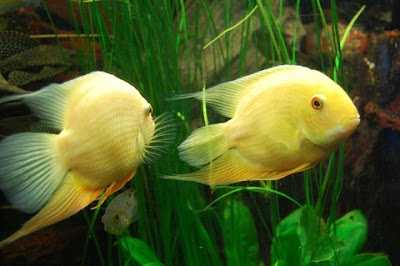The executive of the Stockholm Resilience Center says it's a colossal issue that meat is so "culturally embedded in Western countries"
Very few things match climate change with regards to worldwide issues waiting be explained; yet as indicated by Professor Johan Rockström, enhancing the global eating routine will be considerably more troublesome than managing climate change. Rockström is the chief of the Stockholm Resilience Center, and he talked at the Sustainability Summit facilitated by The Economist previous week in London.
"Meeting the climate challenge is the simple one. Meeting the diet challenge is the troublesome one," he expressed.
The two are nearly weaved, in any case, since dietary choices significantly affect the route in which assets are utilized to produce food. Luckily, as many move toward plant-based eating, accordingly enhancing their own wellbeing, the planet will advance, as well. Rockström is skeptical, nonetheless, on the grounds that very few individuals need to do that switch. Meat eating is so "culturally embedded in Western countires"
Rockström's formula for enhancing worldwide wellbeing while at the same time battling climate change likewise incorporates eliminating food waste. With 30% of food delivered for human consumption going to squander around the world, there is potential to save a lot of food and divert to populaces that could enhance by it.
Recovering degraded land and changing over it to farming production is another approach to help the diet/climate problem. Rockström rejects virgin land ought to be cleared with a specific end goal to increment farming yield:
"We have converted 50% of the land surface to farming. What stays of the globe's capital ought to be left untouched to ensure biodiversity. What we do over the following 50 years will decide results of the following 50,000 years."
Rockström's contemplations are an important indication of how the aggregate choices we make each day with respect to food at home – what we cook, how we cook, what we can reuse and keep out of the waste – affect the planet and, joyfully, our wellbeing, too.
Tags: global dietary changes threaten health, global dietary patterns, global dietary and climate change, worldwide diet, global dietary, worldwide nutrition, climate change
By
Conservation
Updated:
Published: March 29th, 2017


















